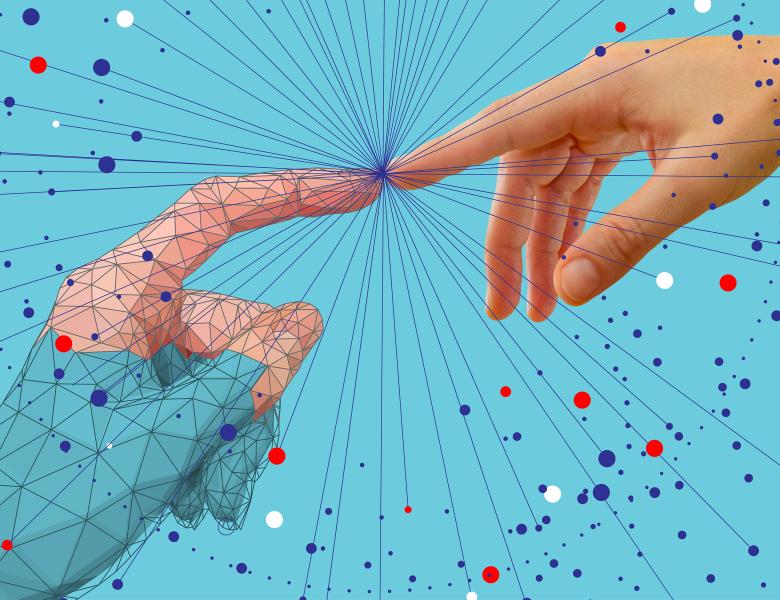
Abstract
Western political theory celebrates individual autonomy and treats it as the basis for collective self-governance in democratic institutions. Yet the rational choice revolution and privileging of consumers’ sovereignty, and its realization in market solutions, has offered numerous critiques of democratic will-formation and few remedies. Concurrently with these developments ensuing during the decades after World War II, nuclear command and control (NC2) systems have de facto become the most extreme examples of exercising national sovereignty with life and death decision-making power over billions of humans.
Nuclear command and control provides an example of the contemporary hybrid form of human intelligence mediated by, and integrated with, complex information and communication systems. In the case of NC2, spanning carbon and silicon-based actors, Integrated Information Theory is a telling means to conceptually test the robustness of the system: how vulnerable is the command and control system to introducing entropy into some partition of its physical substrate?
This talk raises the following questions. How does NC2 epitomize the exercise of national sovereignty? What does it mean to think of intelligence as existing in hybrid systems of human and computational components? Does the current role of NC2 invite imagining emergent properties in these hybrid “natural” and “artificial” intelligence systems? Finally, does this trajectory of this material practice, with arguably the greatest cause-effect repertoire currently in existence, increasingly challenge efforts to implement collective forms of agency embodying ideals of individual autonomy and collective ethical accountability?


